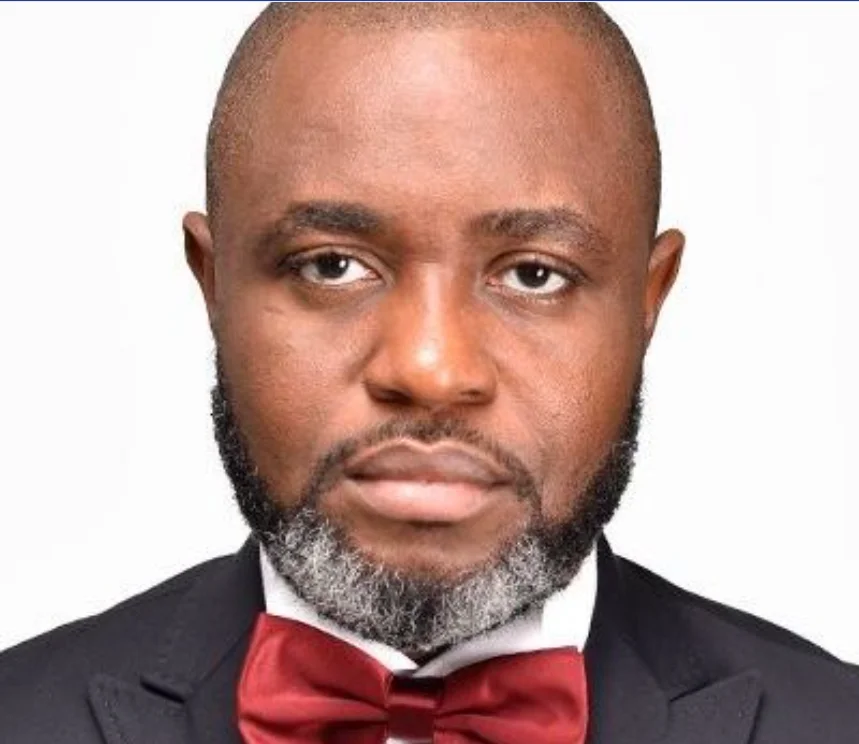Reciprocity Licensing: A Game-Changer for Nigeria’s Gaming Industry
The Director-General of the Cross River State Lotteries and Gaming Agency, Michael Eja, has projected that Nigeria’s new reciprocity licensing framework will unlock billions in revenue for state governments while boosting investor confidence in the nation’s gaming sector.
The system, introduced by the Federation of State Gaming Regulators of Nigeria (FSGRN), brings together 25 member states under a unified structure aimed at removing duplication, streamlining operations, and creating a consistent investment climate for operators.
How the Reciprocity Framework Works
According to Eja, the reciprocity model introduces a Universal Reciprocity Certificate (URC)—a single license jointly endorsed by all participating states.
Key benefits include:
- One license, multiple states: Operators no longer need to apply separately in every state.
- Revenue-sharing arrangement: All states benefit financially from license fees.
- Regulatory clarity: States retain their powers of monitoring, enforcement, and consumer protection.
“By harmonising licensing and sharing revenues, states will see a measurable increase in internally generated revenue (IGR) while providing clarity and certainty to investors,” Eja said.
Gaming Revenue Potential in Nigeria
Eja emphasised that the framework could transform gaming into a multi-billion-naira industry for subnational governments, considering Nigeria’s growing sports betting, lottery, and casino markets.
He urged governors, lawmakers, and attorneys-general at state and federal levels to support the initiative, stressing that it could position Nigeria as one of Africa’s leading regulated gaming markets.
He also called on banks, telecom firms, and food & beverage companies running promotional campaigns in Cross River State to obtain licenses, warning that proper regulation is needed to safeguard consumers and prevent legal disputes.
Background: From Regulatory Confusion to Unified Licensing
Until recently, Nigeria’s gaming laws were fragmented. Each state had its own licensing rules, leading to:
- Multiple fees and paperwork for operators.
- Lengthy approval processes.
- Conflicts between state and federal regulators.
For example, having a license from the National Lottery Regulatory Commission (NLRC) was not enough to operate in Lagos State, where the 2021 Lotteries and Gaming Authority Law required a separate state license.
In November 2024, the Supreme Court ruled that the NLRC could only regulate gaming in the Federal Capital Territory, granting states the authority to regulate lotteries within their borders.
To bring order to the industry, 25 states formed the FSGRN and introduced the Subnational Reciprocity Licensing Framework with the Universal Reciprocity Certificate (URC)—a single license valid across all member states.
Final Takeaway
The introduction of the reciprocity licensing system marks a turning point for Nigeria’s gaming sector. With streamlined licensing, shared revenues, and stronger investor confidence, the framework could unlock billions for state governments and cement Nigeria’s role as a top gaming hub in Africa.












